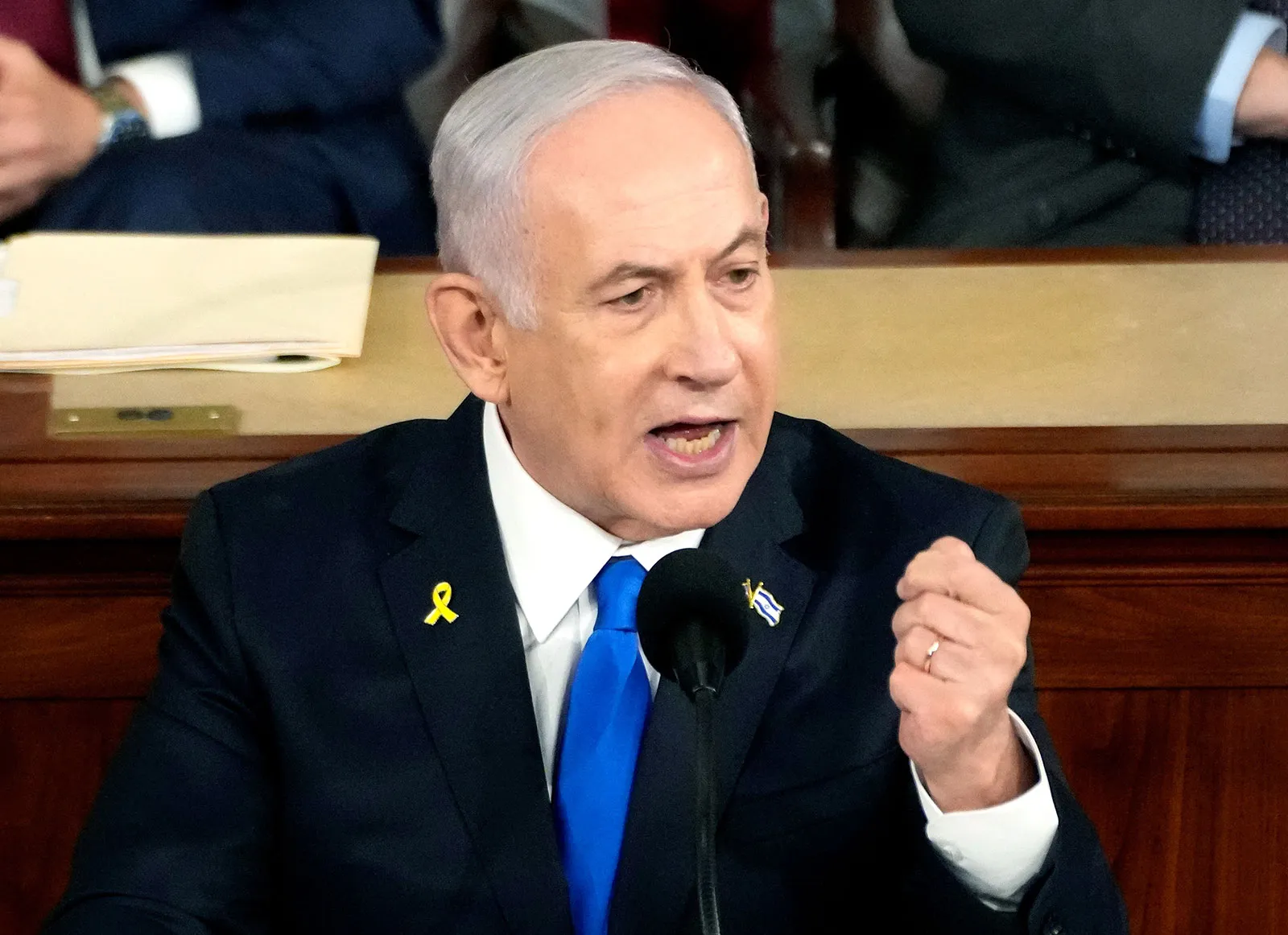Israeli Prime Minister Benjamin Netanyahu announced on Thursday that his cabinet would not proceed with approving the proposed ceasefire agreement for Gaza. This decision came after Netanyahu accused Hamas of causing a “last-minute crisis” by backing out of previously agreed terms, aiming to “extort last-minute concessions,” as stated by the Office of the Israeli Prime Minister.
The ratification of the ceasefire deal was initially scheduled for Thursday, but the unexpected shift in Hamas’s stance has led to this abrupt halt. Netanyahu’s office emphasized that the cabinet meeting would be postponed until Hamas reverses its position.
Internationally, reactions to the ceasefire situation have varied. Indonesia’s Foreign Affairs Ministry expressed support for the ceasefire but went further by advocating for a broader resolution. In their statement, they called for the immediate implementation of the ceasefire and stressed the necessity of ending Israel’s occupation to facilitate the establishment of an independent and sovereign Palestinian state, aligning with the two-state solution based on international parameters.
This development marks a significant setback in the peace process, highlighting the complexities and challenges in negotiating peace in the region. The international community watches closely, hoping for a resolution that brings lasting peace while addressing the core issues of sovereignty and occupation.












Can we trust Netanyahus decisions on Gaza ceasefire deals? Seems like theres always some last-minute drama. Whats your take?
I cant believe Netanyahu is pulling out of the ceasefire deal last minute. Whats his game plan now? So unpredictable!
Wow, Netanyahus decision on the Gaza ceasefire deal is controversial! What do you think – wise move or missed opportunity? Lets discuss!
Can we discuss how last-minute disputes affect diplomatic decisions? Netanyahus move on Gaza ceasefire deal opens a can of worms.
Why cant they just agree already? Its like watching a never-ending tennis match with no winner in sight. Frustrating!
Why cant they just stick to a ceasefire deal? Its like they enjoy keeping the conflict going. So frustrating!
Do you think Netanyahus decision to halt the Gaza ceasefire deal was justified or reckless? Share your thoughts!
Can you believe the last-minute disputes over the Gaza ceasefire deal? Netanyahu needs to make a decision fast! Whats your take on this mess?
Do you think Netanyahus decision to halt the Gaza ceasefire deal was the right move or a missed opportunity for peace?